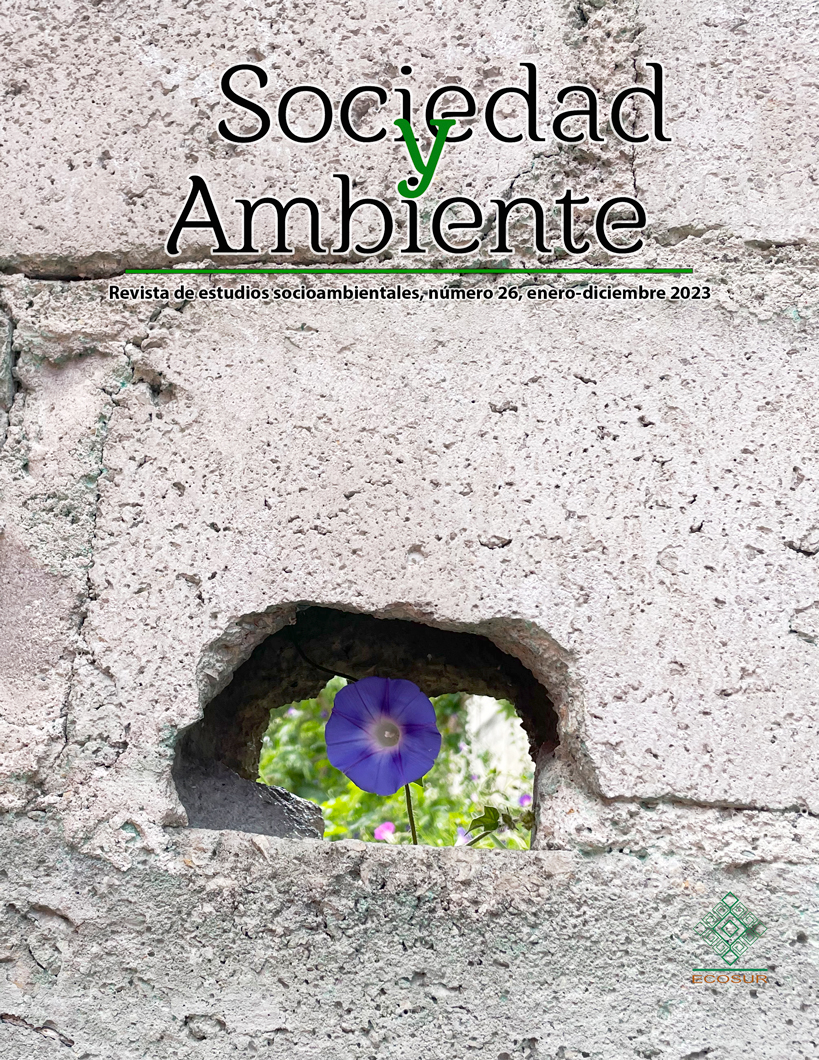Abstract
In this article, we inquire about how the logic that promoted the creation of the first National Parks in Argentina, within the framework of the expansion of the Nation-State and the establishment of capitalism in the region, continues to shape current conservation designs. In this regard, our hypothesis indicates that by implementing new National Parks, ways of thinking and relating to the environment are reproduced that, instead of providing solutions in various aspects, deepen socio-environmental problems. We reviewed the process of creating the Nahuel Huapi National Park, first in Argentina, to later relate it to the design of the El Impenetrable National Park, one of the last to be implemented in the country. After analyzing various sources, complemented with instances of participant observation, we detected the continuity of a fragmentary approach and the persistent denial of histories, relationships, and knowledge of the worlds on which the implementation of National Parks falls. In addition, we problematize how protected natural areas legitimize the mode of production and the utilitarian rationality that led to the current socio-environmental crises.

Sociedad y Ambiente by ECOSUR is licensed under a Creative Commons Reconocimiento-NoComercial-SinObraDerivada 2.5 México License


